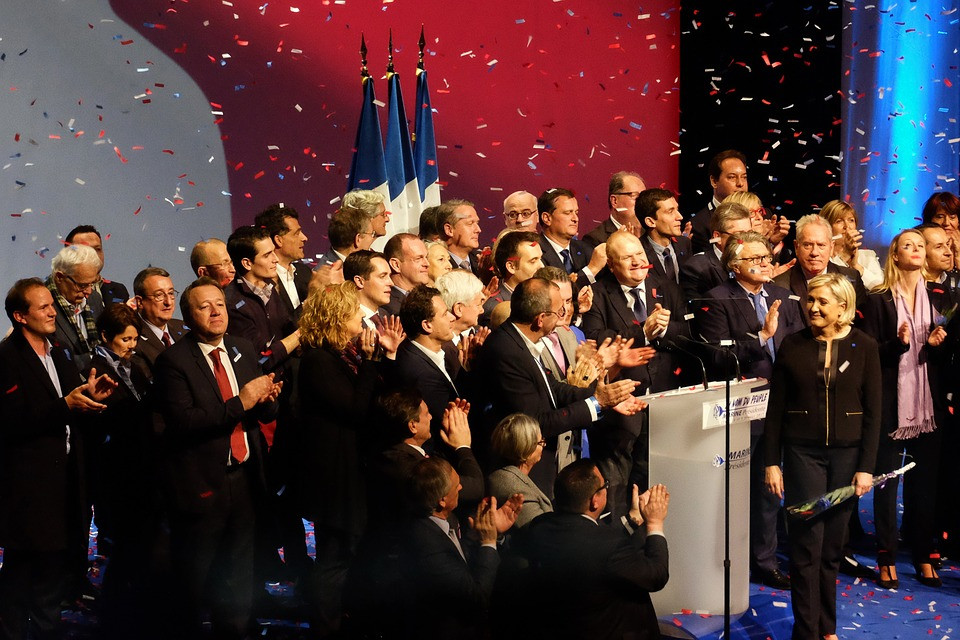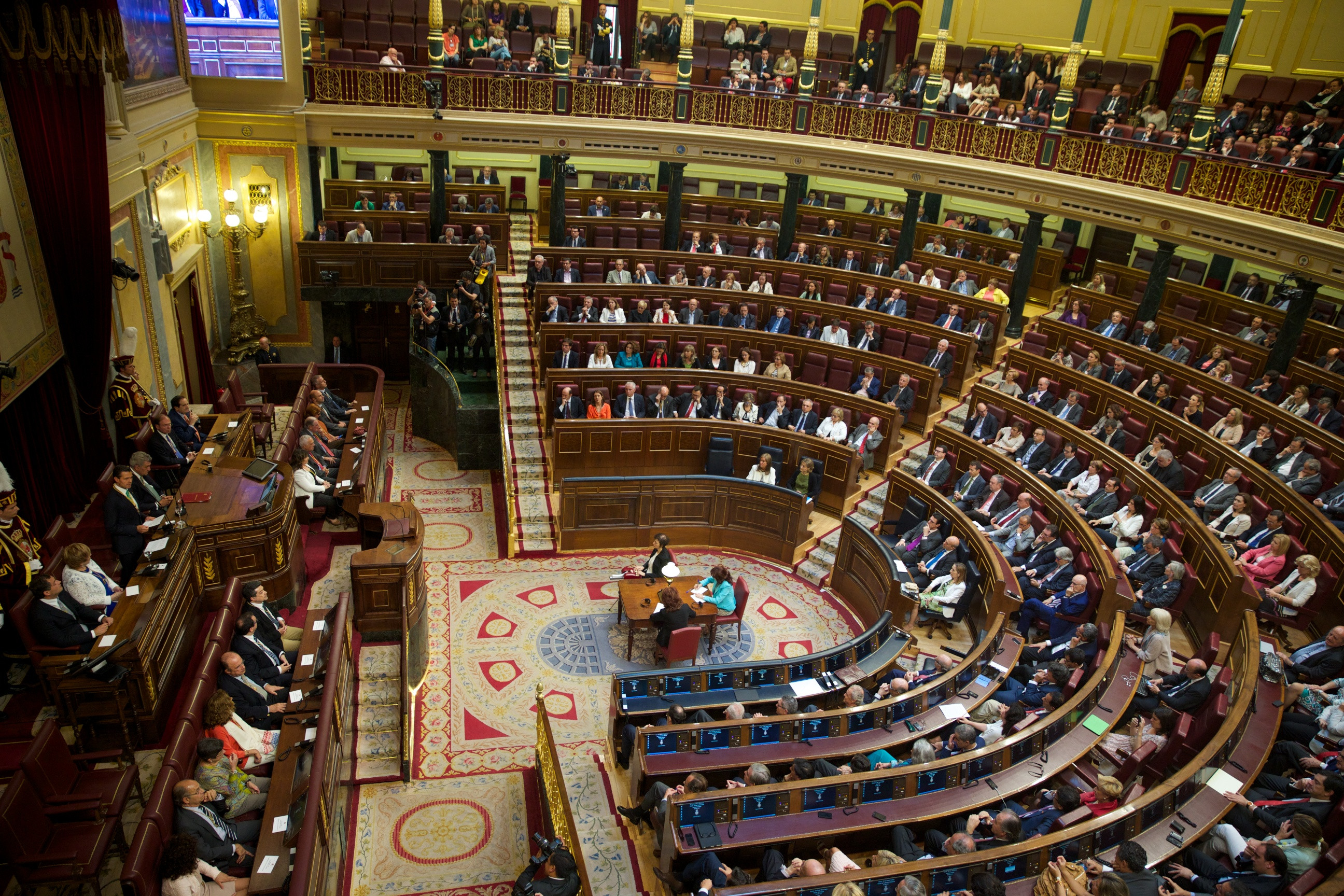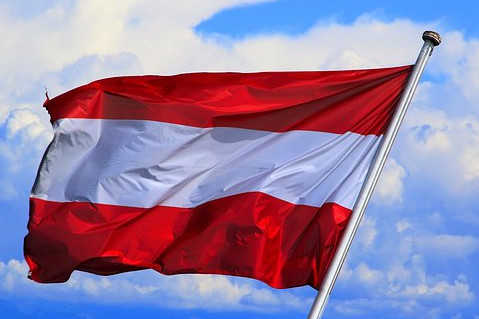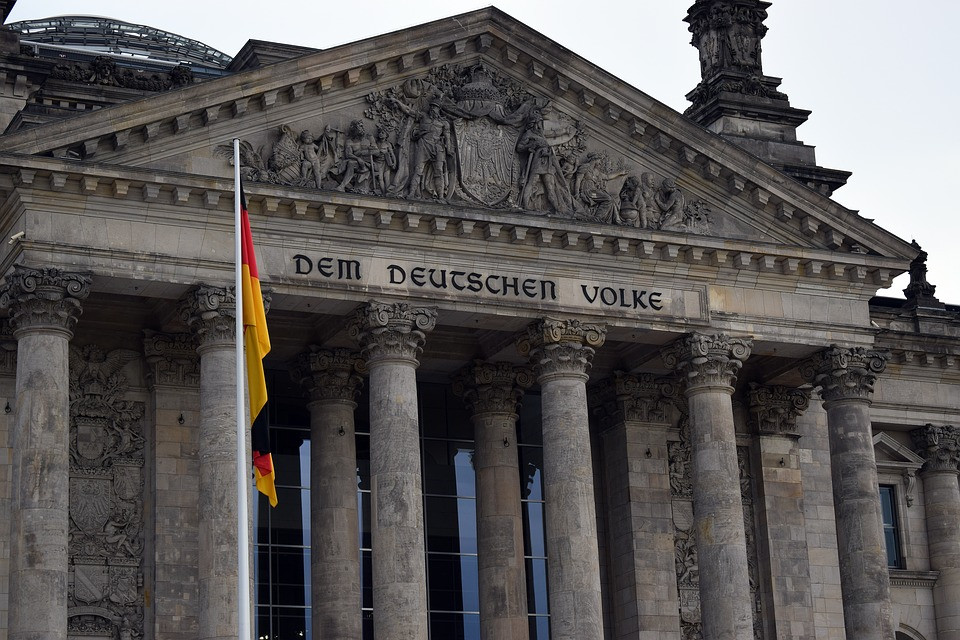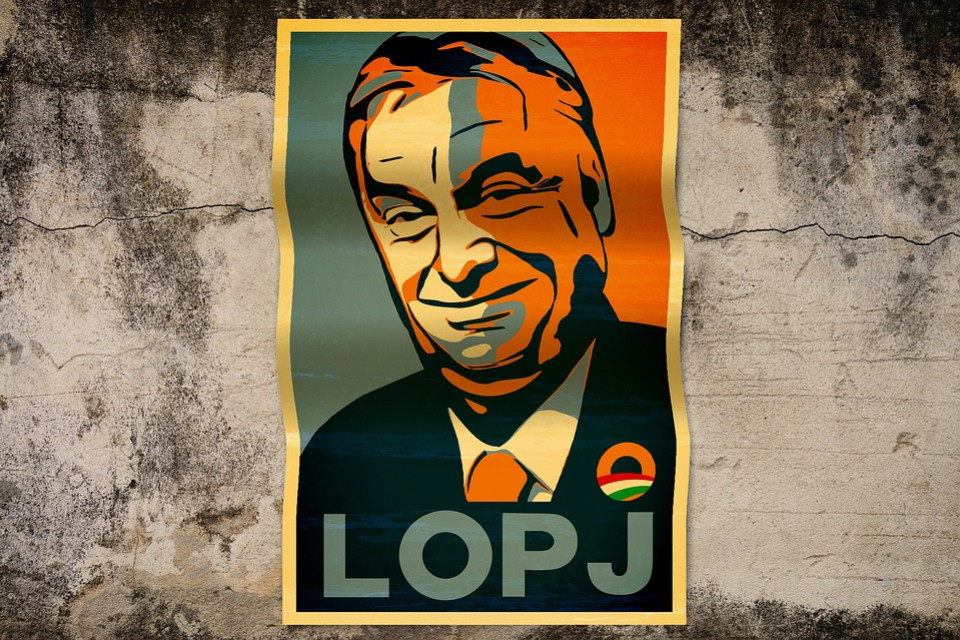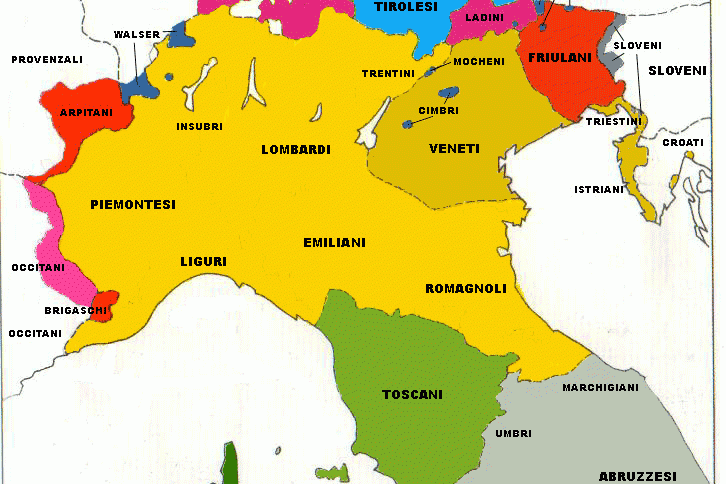
The electoral boom of Radical Right populist parties in Europe: nativism and ethnocratic liberalism
Joan Antón-Mellón
The defeat of classical fascism (1919-1945) in the Second World War led to the stigmatization of the ideals of the Radical Right in the first third of the 20th century. The Radical Right that formed at that historical moment was a conglomeration of antidemocratic political forces aiming to overthrow the liberal parliamentary regimes and replace them with authoritarian political systems (civil or military dictatorships) or totalitarian ones (German Nazism, Italian Fascism). When losing power, the opportunists disappeared together with the majority of sympathizers and only the believers persisted, obviously quite much in the minority in an era of hegemony of democratic values. Antifascist ideas had triumphed over fascists and therefore the different post-war European constitutions adopted advanced democratic criteria, made explicit in the doctrinal foundations of the Social and Democratic States of Law, as more advanced forms of welfare states. Redistributive social pacts and a few decades of extraordinary economic growth (from 1948 to 1973), plus the need to counteract the enormous political, cultural and electoral power of the communist parties, consolidated the system. Conservatives and social democrats alternated in power leaving the Far Right/radical right outside the party system and options to be in power.
However, in 1973 (oil crisis) there is a change in the economic situation, ending what has come to be called the golden age of capitalism and the dominant Western elites to maintain or increase their profit margins. A process of rupture of the post-war social consensus began and the policies and the basic criteria of the Welfare States were questioned, trying gradually to reduce salaries, social benefits and public services. The era of neoliberalism began. M. Thischer and R. Reagan are the political paradigms and in the field of political theory and the philosopher R. Nozick marks out the theoretical path: all redistribution is robbery that attempts against individual rights. Once again it is a time for predators to the detriment of the united. Hence, the neoliberal and neoconservative revolution of the eighties and nineties laid the foundations for the rise of the neo-populist parties of the Radical Right.
Jean M. Le Pen (founder and leader of the French NF) appeared at the beginning of their reign in the French radical right as the French Reagan.
But these new/old predators had to legitimize themselves by distancing themselves from their fascist origins and therefore accept liberalism, more in its neoliberal economic aspects, than in its political ones.
THEY HAVE MANAGED TO BECOME ANTI-ESTABLISHMENT PARTIES
Massive neoliberal ultra-individualism and the enormous economic, social, cultural and political consequences of globalisation (hegemonized by neoliberal criteria) will contribute decisively to the consolidation and legitimatization in European party systems of a new subfamily of parties: the Right Radical Populists. In the same way that the fascisms of the thirties were a response (modernist) of the Radical Right to the miseries of modernity, the current miseries of postmodernism have caused an adaptive response of the Populist Radical Right Parties: growing political disaffection, hyper-individualism, loss of community feeling, overexploitation of the unskilled workforce, alienating consumerism, technocratic depoliticization, corruption, problems of identity and belonging of emigrant populations, terrorism, and so on
The European Radical Right has been renovated and has adapted its propositions to current needs.
Paradigmatically, the FN no longer presents itself as a neoliberal party but rather as the defender of the French popular classes betrayed by a globalised political class. The enemy now is not communism, the new scapegoats are the immigrant invaders. Their banners are: order, homeland, xenophobia and achieve an "authentic democracy".
Increasingly successful banners, since the 1990s different European parties of that subfamily of parties such as the Austrian Freedom Party, the Italian Northern League or the Danish People's Party accede to their respective governments in coalition with conservative political forces. The Populist Parties of the Radical Right break out of their previous marginal status and are integrated into their party systems, their influence being twofold: for their political activism and for their capacity to influence the programmes and agendas of the conservative parties given their growing electoral strength in what has come to be called in France "lepenization of the spirits".
They have managed to become anti-establishment parties and their electoral growth goes hand-in-hand with the decline of communism and, above all, the social democratic parties.
A third historical moment in these parties' evolutionary process (after the initial one, and the aforementioned one of the 90s) took place as a consequence of the devastating economic crisis that began in 2007/2008. The crisis context opened a window of opportunity that these parties are taking advantage of, as evidenced by the electoral success of some of these parties in central and northern Europe, for example in the European elections of 2014. According to empirical evidence, their voters are: the disaffected with traditional parties, above all the conservatives; "Ninistas" (people who define themselves as neither leaning to the Right nor the Left, some of them triumphant about globalisation); a quite nostalgic minority of Far Right/ Radical Right and above all, those who lost out in globalisation (unemployed or overexploited unskilled workers) and large numbers young men with little educational qualifications.
THE IDEOLOGICAL CORE IS XENOPHOBIC ULTRANATIONALISM
The shared ideological core of all these political formations is the nativist xenophobic ultranationalism with an authoritarian populist punitive neoconservative criteria. Along with a style of populist political way of doing things that glorifies ordinary people's common sense and glorifies their conservative moral way of thinking opposed to the ideas and actions of dominant elites who only act, affirms the narrative of these parties, in favour of their spurious and corrupt interests. According to Professor C. Mudde, nativism can be defined as an ideology that holds that states should be inhabited by members of the native group (the "nation") and that non-native elements (people and ideas) are fundamentally a threat to the homogeneous nation-state. Whereas populism is a particular type of social and political mobilisation that externalises a peculiar form of popular political protest in situations of crisis and systemic delegitimization, a structure of argumentation, where form predominates over substance. Therefore it would be a resource or system of political action as an instrument in the conquest of power.
As a social model, the alternative of these parties is the market society, as deregulated in its own territorial scope as regularized on the international level, in which those who do not belong to their own ethnic group, the others -legally classified as foreigners- are the new Spartan slaves of postmodernity, excluded from the political, economic and social advantages that the first-class public, the national ones, have. In reality, an institutionalized social-Darwinism or ethnocratic liberalism, which achieves the maximum authoritarianism that a formally democratic system can allow as a silent counterrevolution.


